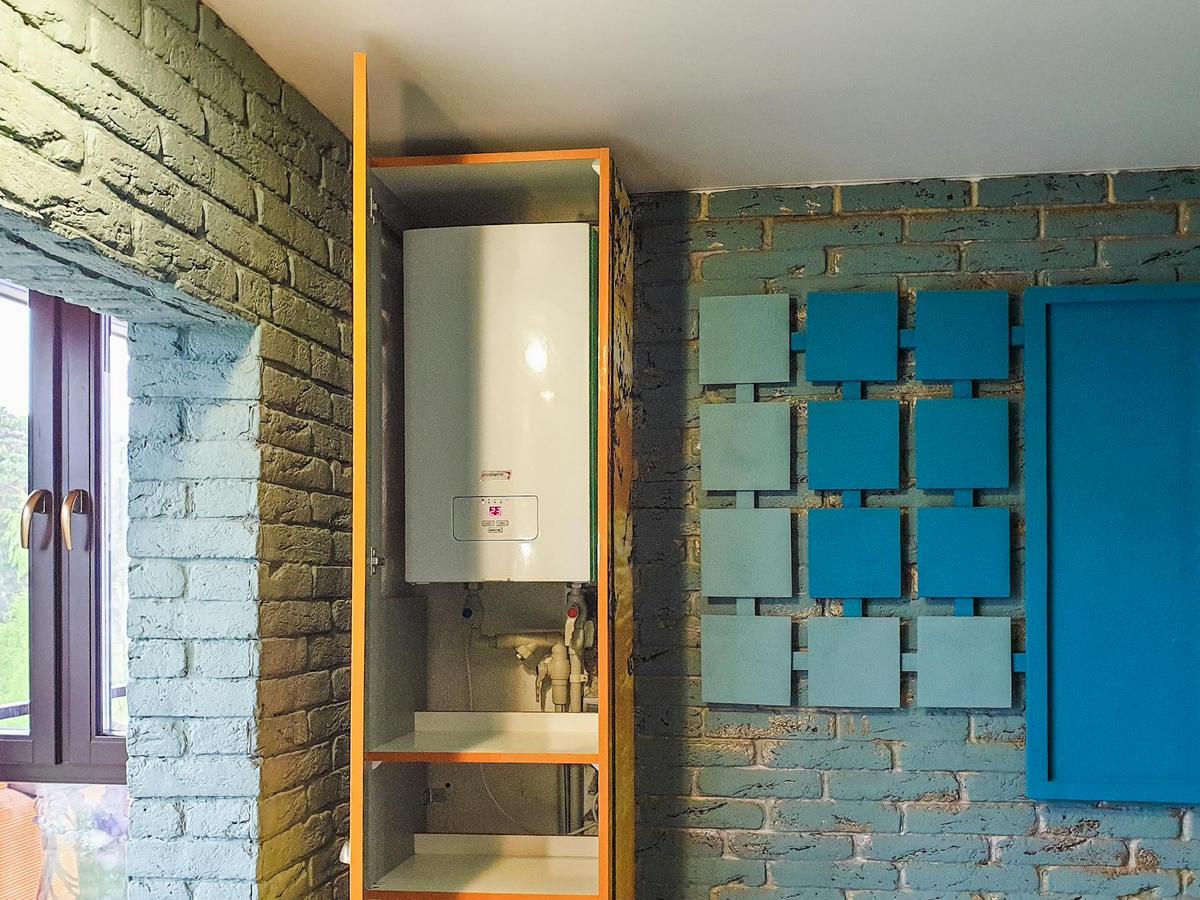
How to Make Your Home More Energy Efficient
Making your home more energy efficient is not just a step towards reducing your carbon footprint—it’s also a savvy way to cut down on utility bills and enhance overall comfort.
Understanding Energy Efficiency
Energy efficiency in homes is all about using less energy to perform the same tasks. This can be achieved through different methods and technologies, from simple adjustments to more significant upgrades. According to the U.S. Department of Energy, enhancing energy efficiency in homes can reduce energy consumption by 25-30%.
Expert Insights
Energy expert Dr. Lisa Thompson states, ‘Investing in energy efficiency is one of the most cost-effective ways to reduce energy bills and improve sustainability.’
Key Statistics
Recent studies indicate that approximately 20% of a home’s energy is wasted due to inefficiencies in heating, cooling, and insulation.
Real-Life Example
Consider Tom, who replaced his old windows with energy-efficient ones and noticed a 15% reduction in his monthly energy bills. This change not only saved money but also made his home more comfortable year-round.
Actionable Tips for Energy Efficiency
- Install smart thermostats to optimize heating and cooling schedules.
- Upgrade to energy-efficient appliances to save on electricity.
- Seal ducts and improve insulation to prevent energy loss.
- Switch to LED lighting, which uses 75% less energy than incandescent bulbs.
Comparing Energy Efficiency Upgrades
| Upgrade | Cost | Energy Savings | ROI |
|---|---|---|---|
| LED Lighting | Low | High | Fast |
| Smart Thermostat | Medium | Moderate | Moderate |
| Energy-Efficient Windows | High | High | Long-term |
| Appliance Upgrade | High | Moderate | Long-term |
| Insulation | Medium | High | Moderate |
| Solar Panels | High | High | Long-term |
| Weather Stripping | Low | Moderate | Fast |
| Energy Audit | Low | Varies | Immediate |
FAQs
Frequently Asked Questions
How can I start making my home more energy efficient?
Begin with an energy audit to identify areas for improvement, then prioritize upgrades based on your budget and potential savings.
Are there any incentives for making energy-efficient upgrades?
Yes, many governments offer rebates and tax credits for energy-efficient improvements. Check local programs for specific details.
Conclusion
By taking steps to enhance your home’s energy efficiency, you not only contribute to a more sustainable environment but also enjoy financial savings. Whether it’s through small changes like switching to LED bulbs or larger investments like solar panels, every action counts. Start your journey today and experience the benefits of an energy-efficient home. For more tips on sustainable living, explore other articles in our content portal.


